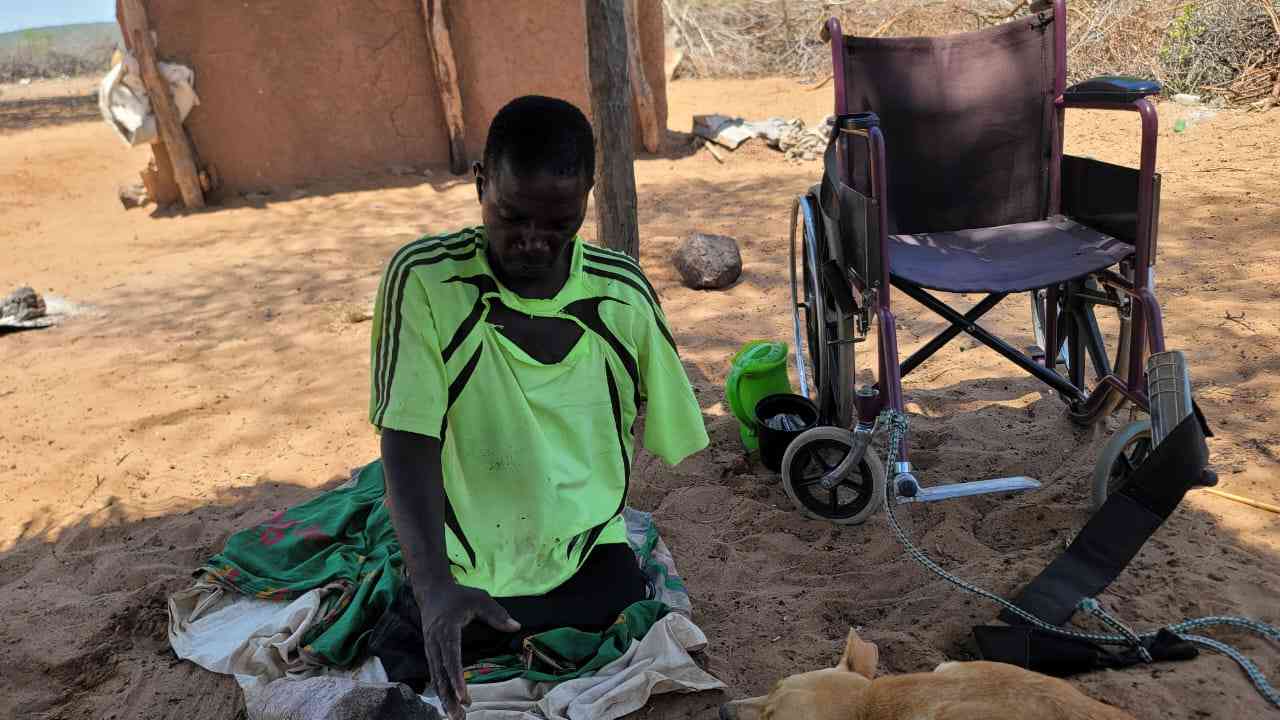
THE United States and Britain struck yesterday by sanctioning individuals and businesses involved in a global gold smuggling and money laundering networks based in Zimbabwe in a fresh setback for the country’s anti-money laundering drive.
Those sanctioned include Kamlesh Pattni, accused of allegedly smuggling gold, according to Al Jazeera’s Gold Mafia documentary.
The sanctioning of individuals and businesses comes two years after Zimbabwe was removed from the Financial Action Task Force grey list after addressing previous deficiencies in the country's implementation of the Anti-Money Laundering and Counter Financing of Terrorism standards.
To mark the International Anti-Corruption Day yesterday, the US Department of the Treasury’s Office of Foreign Assets Control slapped Pattini and 27 other individuals and businesses involved in global gold smuggling and money laundering with sanctions.
According to the US Treasury department, Pattni facilitated illicit activities by bribing officials, deploying trusted supporters to mask ownership and weaving a global web of businesses to hide the illicit activities.
This fraudulent scheme has robbed Zimbabwe’s citizens of the benefits derived from natural resources while enriching corrupt government officials and criminal actors, it said.
Pattin was exposed in Al Jazeera’s documentary Gold Mafia, which was aired in March last year, smuggling gold from Zimbabwe to the United Arab Emirates.
The Gold Mafia documentary, was centred on a secret recording of President Emmerson Mnangagwa’s ambassador-at-large Uebert Angel — born Uebert Mudzanire — and his associates promising to help undercover Al Jazeera journalists to launder US$1,2 billion in dirty money.
- Gold Mafia: US, UK sanction gold dealer
Keep Reading
Pattni, a key figure in Zimbabwe’s gold industry, has been accused of manipulating gold exports, bribing officials and laundering millions of dollars through international banks.
“Across the globe, when corrupt actors like Pattni choose to exploit openings in governance structures to benefit themselves and their cronies, communities suffer and public trust is undermined,” said acting Under Secretary of the Treasury for Terrorism and Financial Intelligence Bradley Smith. “Corruption respects no borders and its consequences are felt worldwide. As we mark International Anti-Corruption Day, the United States reaffirms our commitment to use all available tools to hold these individuals to account for their schemes.”
The US said Pattni’s network illustrated the globalised nature of corruption and that action demonstrated a way to counter it: a whole-of-government approach and collaboration with allies and partners.
The UK has also imposed sanctions on Pattni “to tackle dirty money, this time targeting the illicit gold trade”.
The British government froze Pattni and other individuals’ assets.
“Illicit gold is an assault on the legitimate trade of a valuable commodity, fuelling corruption, undermining the rule of law and entrenching human rights abuses such as child labour,” the UK said in a statement.
“Russia uses the illicit gold trade to launder money and evade sanctions, in doing so bolstering Putin’s war efforts. Today's sanctions will disrupt and deter the illicit gold trade by imposing asset freezes on five individuals, including infamous British-Kenyan gold smuggler Kamlesh Pattni and his enablers. Pattni smuggles illicit gold out of southern Africa for use in money laundering and was implicated in the Goldenberg corruption scandal in the 1990s.”
Owing to pressure from civil society organisations over the Gold Mafia expose the Reserve Bank of Zimbabwe last year froze the accounts of some of the people named in the documentary such as Pattni, Ewan McMillan, Angels and Simon Rudland.
The Gold Mafia documentary came as authorities said the country was losing US$100 million per month through smuggling of the yellow metal.










